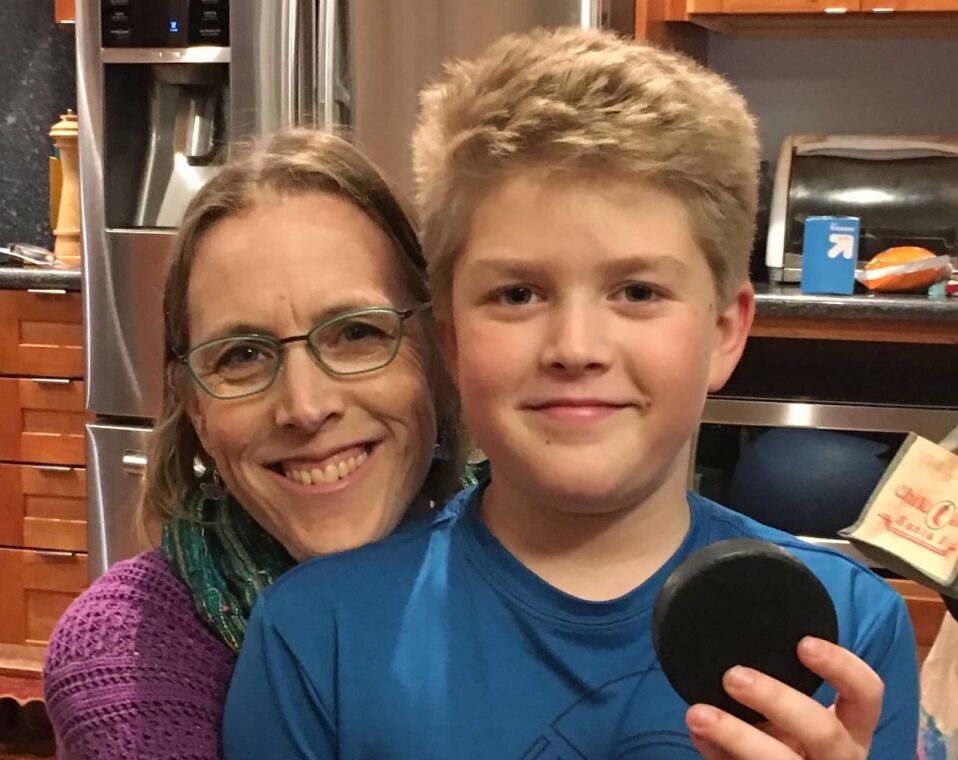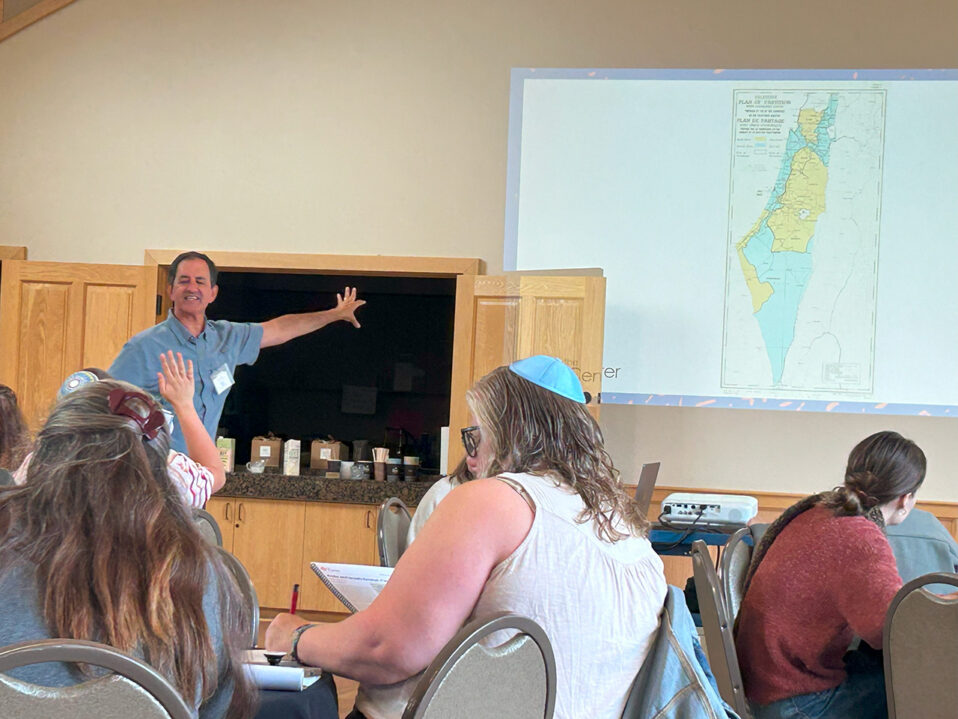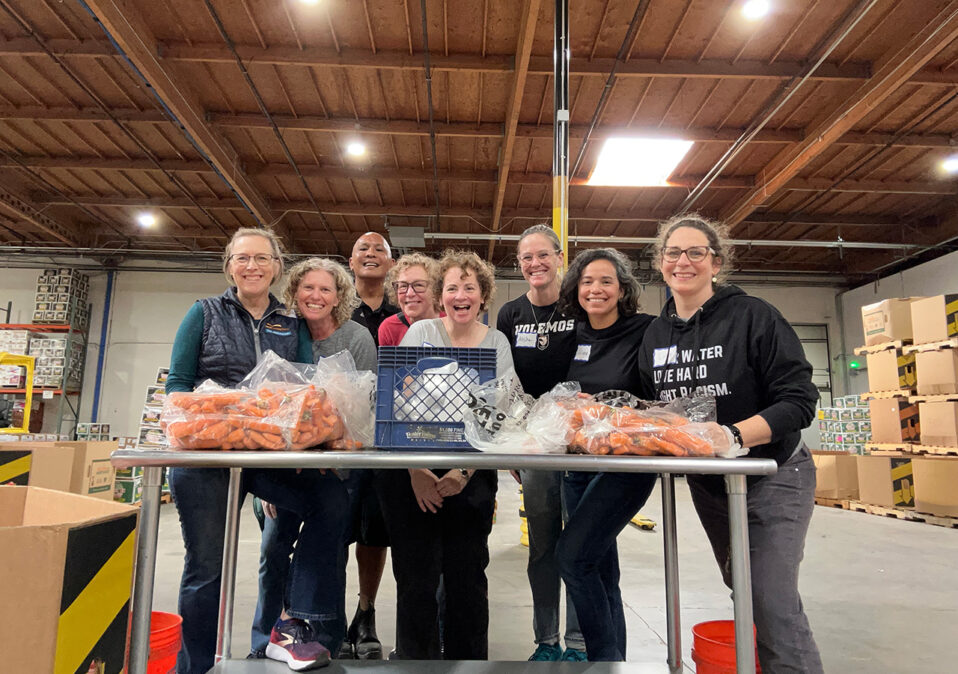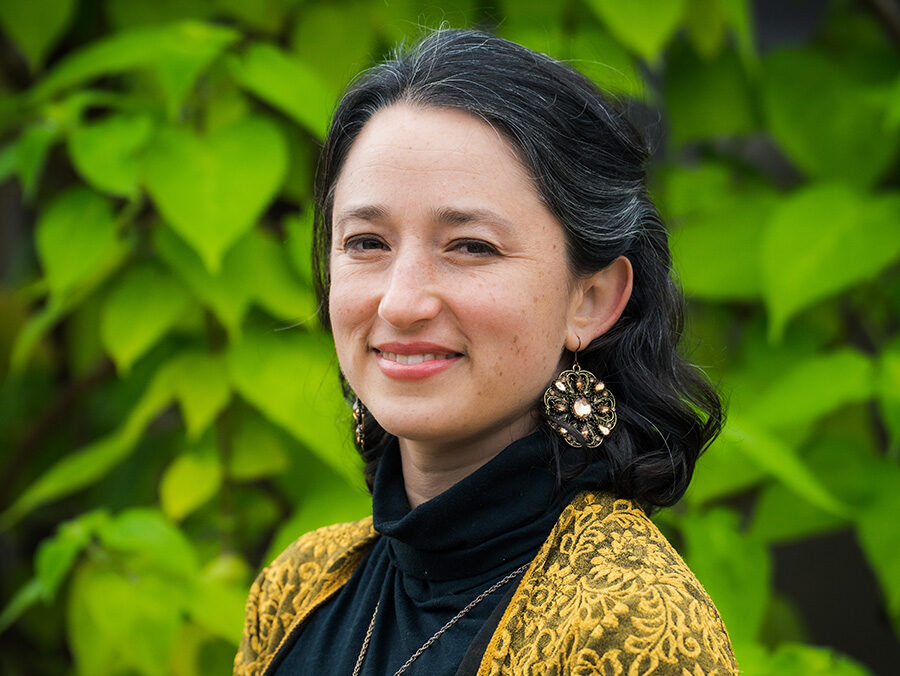By Jenni Mangel, Jewish LearningWorks’ Director of Educational Leadership
With all the excitement of this year’s summer Olympics in Paris, I’ve been reflecting on the busy and full lives of athletes and their families. To be clear: I am not an athlete. However, I always identify with the emotional human interest stories of the parents who go out of their way to make it possible for their children to compete at such high levels. It is a full family and community activity to support an athlete to reach the Olympics!
My own journey as the parent of a student athlete began when my kids were three and five years old and we took them ice skating as a nice family activity. Both kids took to the ice naturally and we had fun as they learned to stay up on their feet and move away from the wall. My older child immediately wanted to go back to the rink and was soon asking questions about ice hockey. By the end of the next year he had a full hockey kit and was on his path to be a goalie. Soon, he was completely obsessed with ice hockey and has been dedicated to it ever since. At Hebrew school, one afternoon, he walked up to the program director and said, “Can we play floor hockey here?” Without missing a beat the director replied, “Sure! If you can think of a Jewish idea that we can learn by playing hockey! Let me know when you think of it.” She walked away and left him pondering.
Since then our family has had many conversations about the ways in which Judaism and sports reflect one another. Although the particulars hereon are about ice hockey (definitely not a summer Olympic sport!) I know these themes and values show up in other team sports as well. So, for all you parents and educators who are looking for ways to help your athletes connect their sport of choice with rich Jewish traditions and culture, I hope my thoughts below help you as you watch volleyball, softball, soccer, basketball, and more, this summer!
Setup Matters
To begin a hockey game, players must be in position and respecting boundaries before the puck drops and play begins. Each person has a role and function and together, they work as a single unit to capture and control the puck. We see this type of careful placement of people and roles at the synagogue during the Torah service, for example. The Torah reader sets up at the bima, the person called for an aliya stands on one side, the person leading the service stands on the other. Each person must be in their place and has a role to fill in order for the community to engage in the core activity of reading and learning Torah. By knowing and asking people to draw on their skills and strengths we set up individuals and the community for success.
Rules Matter
Athletic referees move along with the play of the game to ensure play is fair and, in youth sports, fun. The rules are an agreed upon contract shared by players, coaches, parents and officials that set up expectations and agreement of behavior, ensure health and safety, and dictate the timeframe of play. So it is with Jewish law: Jewish commandments, mitzvot, provide time bound structures and expectations of behavior. The built in trust in Jewish communal life makes it possible for us to welcome guests and care for members of the community. When we host a meal on shabbat or show up at someone’s home during shiva we honor the passage of time in structured ways.
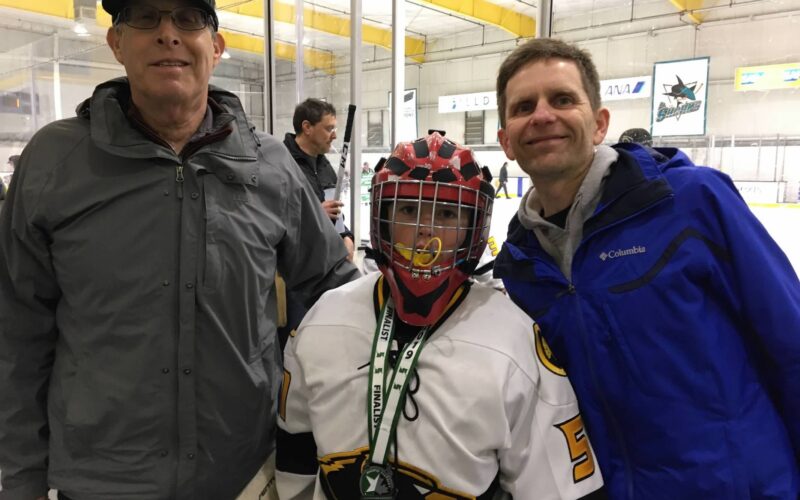
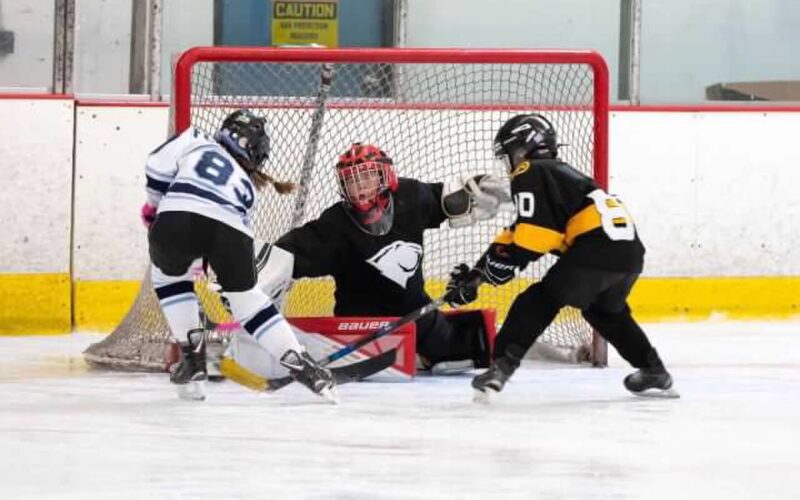
People Matter
Each player on a team has a role that contributes to the success of the group. Play is fast and players rotate in and out of positions to give each other support and rest. When a player is injured in ice hockey, both teams kneel until the player stands, and then they bang sticks on the boards to encourage recovery. In Jewish life we watch out for our people; we live individually, but always part of a collective. We bring food when someone is sick, we sit with them when they are in mourning, and we celebrate alongside them at b’nai mitzvah and weddings. We show up in people’s lives at lifecycle moments as individuals and also in public gatherings; we create community and ensure no one is left alone.
Lifelong Learning Matters
A hockey player is always learning and improving their game. When one skill becomes ingrained in their craft, another presents itself to learn. In doing so, the game is a practice, always striving for a deeper connection and expression of the game. In the Jewish practice of chevruta, or other text study, we experience that the more we learn about the Torah or Talmud reveals how much more there is for us yet to learn. As we incorporate one set of traditions or practices into our lives, we discover nuances and details that can embellish a seder table or bedtime prayers. What is meaningful to us at one stage in our life might give way to something different as we grow and change in our familial and communal roles.
I mostly grew up in a small desert town in California with no ice hockey team and few Jewish peers. I moved to the Bay Area in search of a robust Jewish community, which I found and treasure. As a young parent, it never occurred to me that my life would feature ice hockey as well. It surely never occurred to me that being an athlete’s parent would support my family’s exploration of creative Jewish living. If you have stories about how sports and Judaism have overlapped in your life, I’d love to hear them!
Many thanks to Elizheva Hurvich who was the program director who posed the question and for her edits and insight on this piece. Additional thanks for thought partnership extend to to Evan Ratner, Ellen Lefkowitz, and Marla Kolman Antebi.



